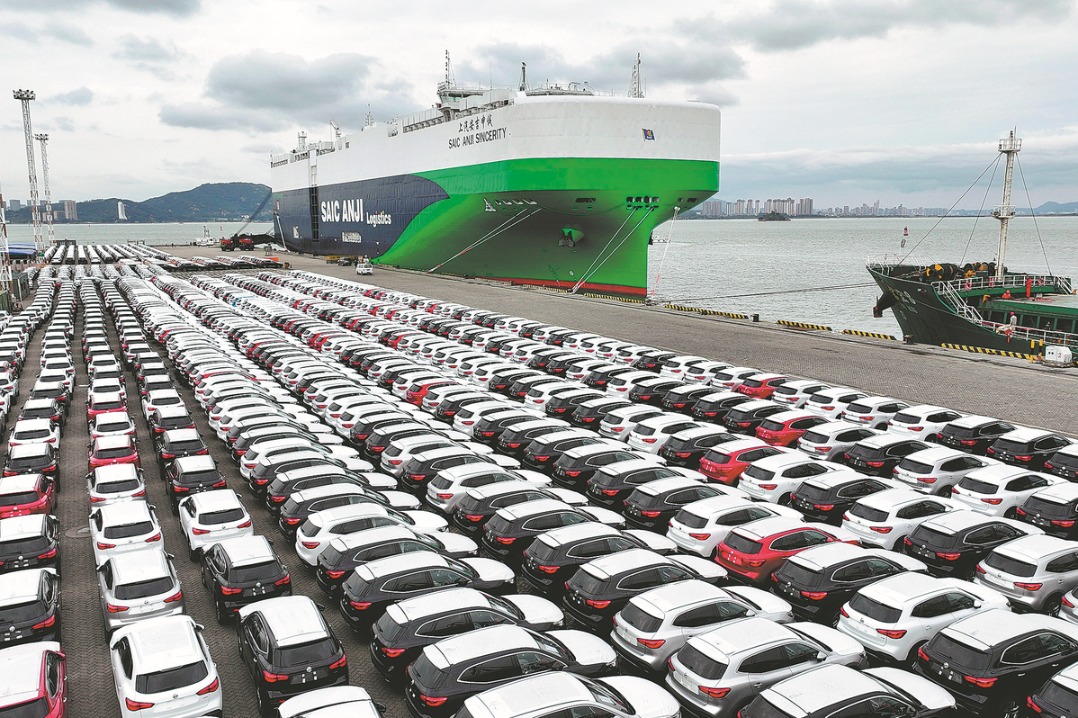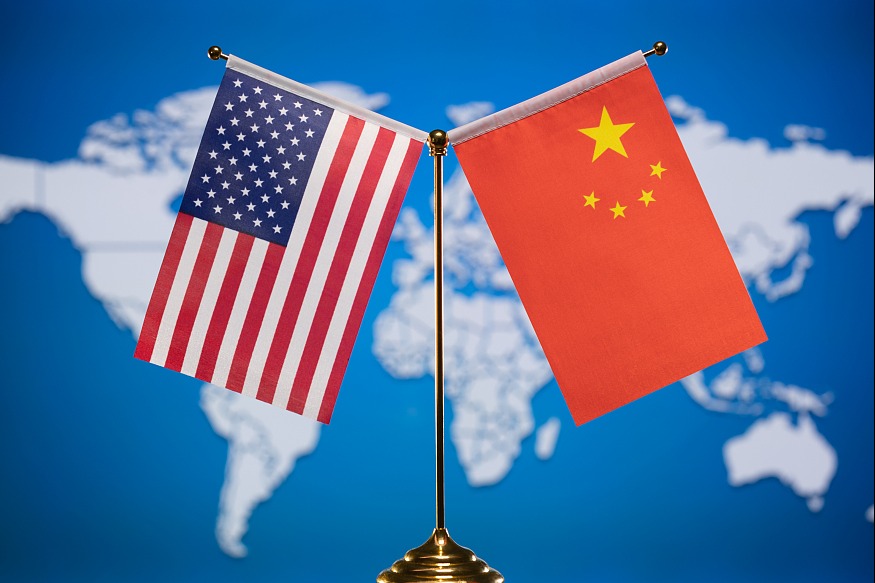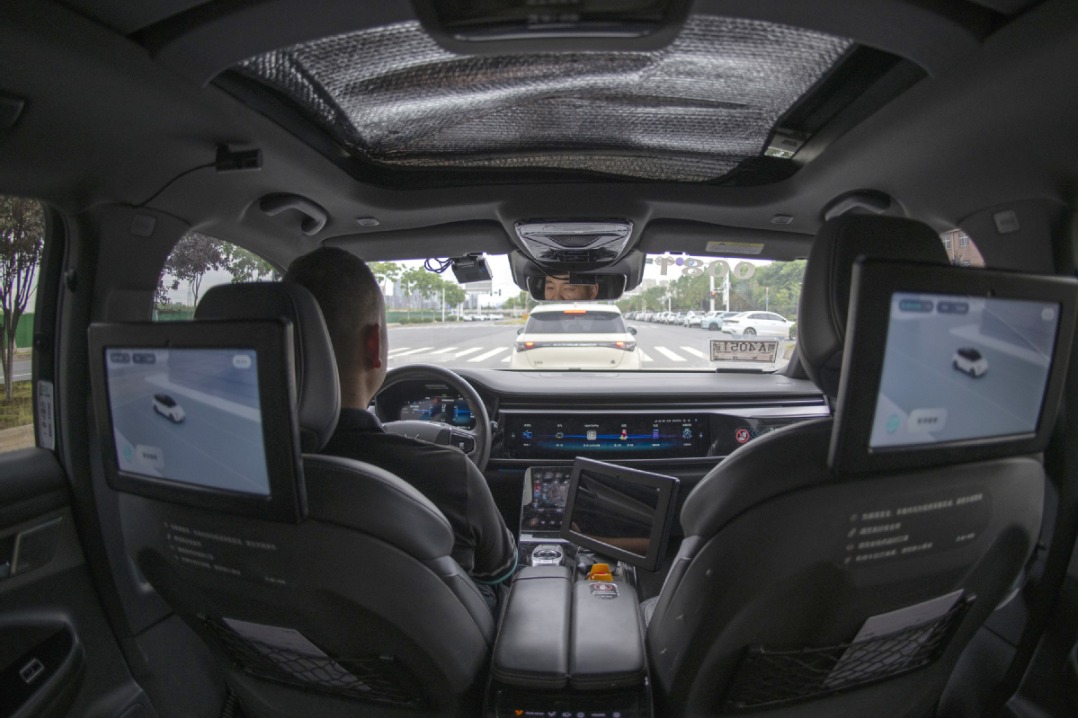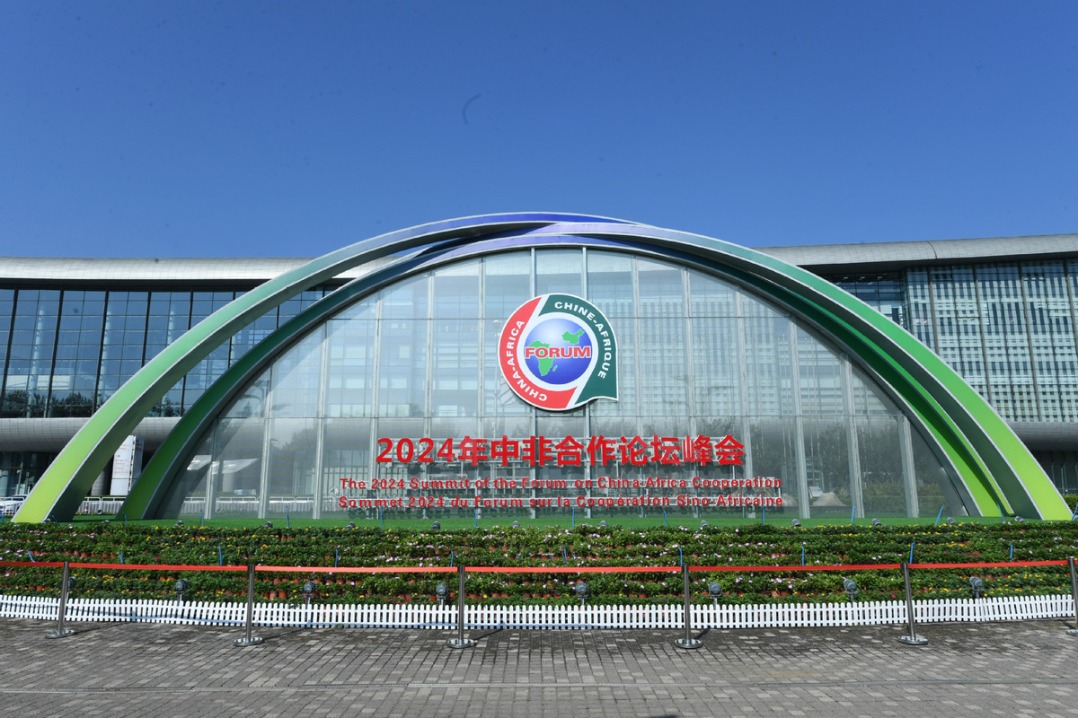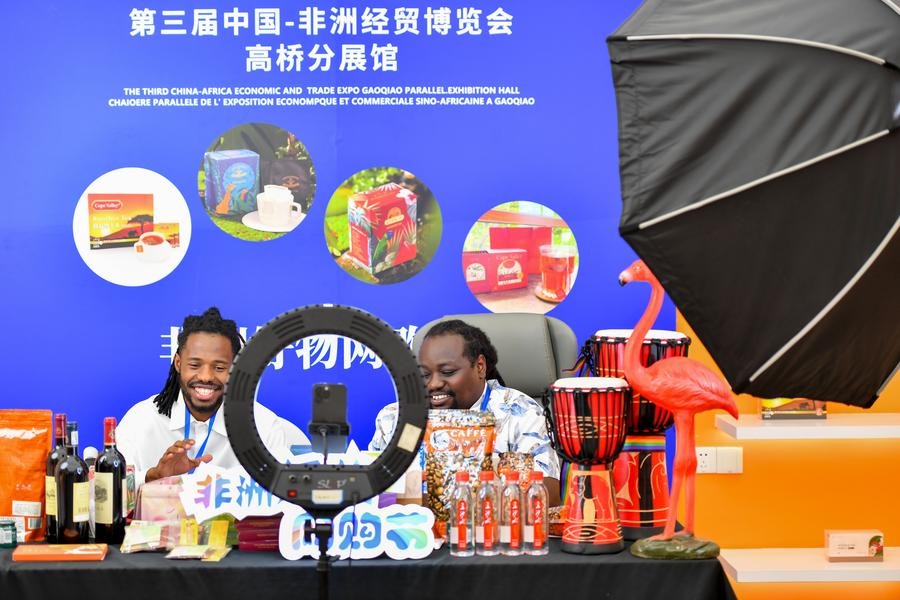Broad picture ties should stop the EU from imposing tariffs on Chinese EVs


The huge divide among European Union member states over the provisional tariffs imposed by the bloc on imported Chinese electric vehicles highlights the great need for the EU to think twice before taking the move that runs counter to market principles and undermines the relationship between the two major trade partners.
The EU has decided to impose provisional tariffs of up to 37.6 percent on EVs imported from China and is seeking the view of EU members through a "consultative" vote. The "consultative" vote is non-binding and will be followed by a final vote. If passed, the tariffs will be in place for as long as five years. In such a "consultative" vote on Tuesday, 12 EU member states, including France, Italy and Spain, voted for the tariffs, but four voted against, and 11, including Germany, Finland and Sweden, abstained. The European Commission had previously said the controversial measure could not be implemented if a majority of 15 or more member states, representing 65 percent of the EU's population, voted against the final vote.
That many EU members did not vote for the tariffs cannot necessarily stop the provisional tariffs from becoming the formal tariffs on Chinese EVs, but it does, to a large extent, reflect their concern over the consequences such a protectionist move can have on Sino-EU relations.
China and the EU are major trade partners that have seen leapfrog development in bilateral economic and trade exchanges and cooperation in past decades, which has brought great benefits to both. However, under the influence of the United States' China-containment strategy and rising protectionism among some EU countries, bilateral ties have experienced ups and downs, especially in recent years. The current economic and trade exchanges between China and the EU, including the export of Chinese EVs to the EU, are normal economic and trade activities that serve the interests of both sides and should not be disrupted.
That many EU members abstained from voting on the tariffs on Chinese EVs shows they doubt its reasonability and are concerned about the risks of a trade war with China, one of their biggest trading partners. It is China's persistent stance that economic and trade disputes between countries should be resolved through talks and dialogue rather than by unilaterally imposing a protectionist tariff, which can only invite countermeasures from the other side.
It is hoped that the EU will bear in mind the broad picture of Sino-EU relations and stop advancing any protectionist tariffs on Chinese EVs.
(421 Words in To
















